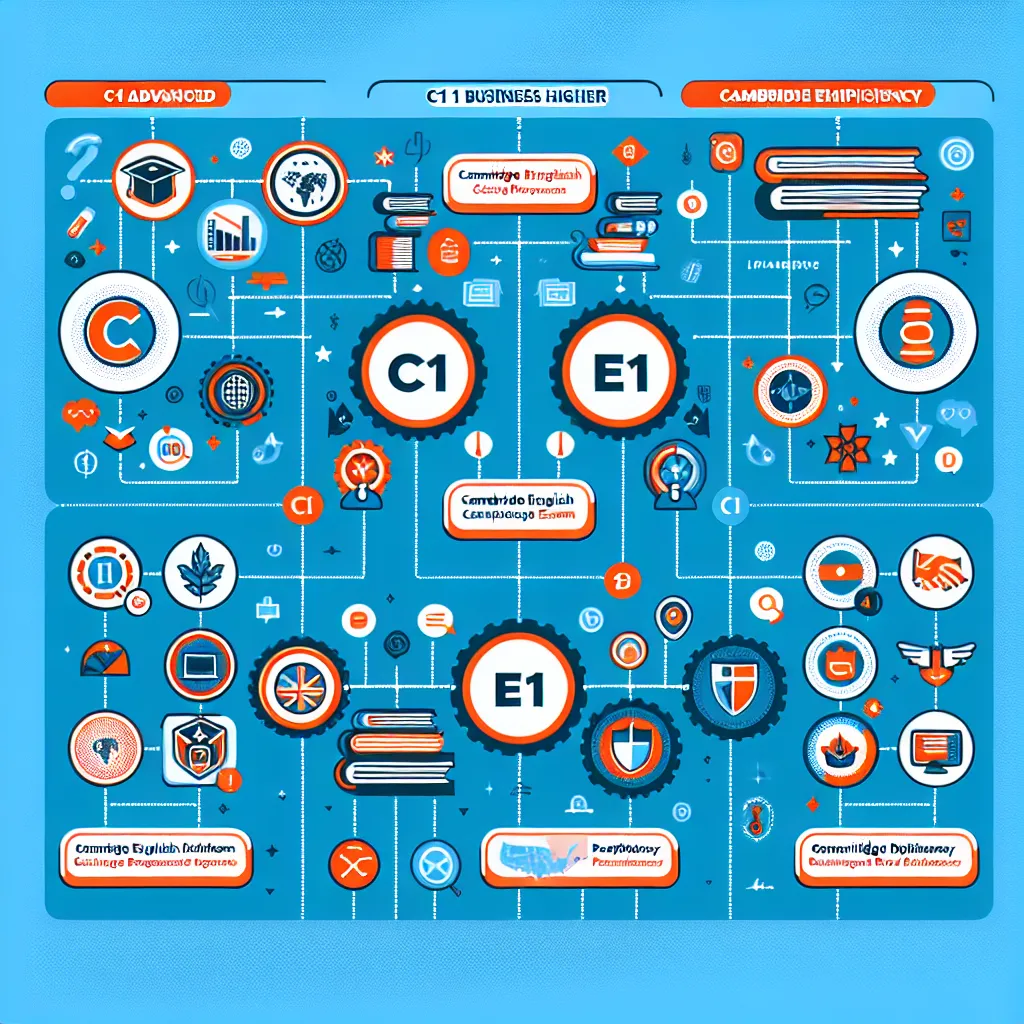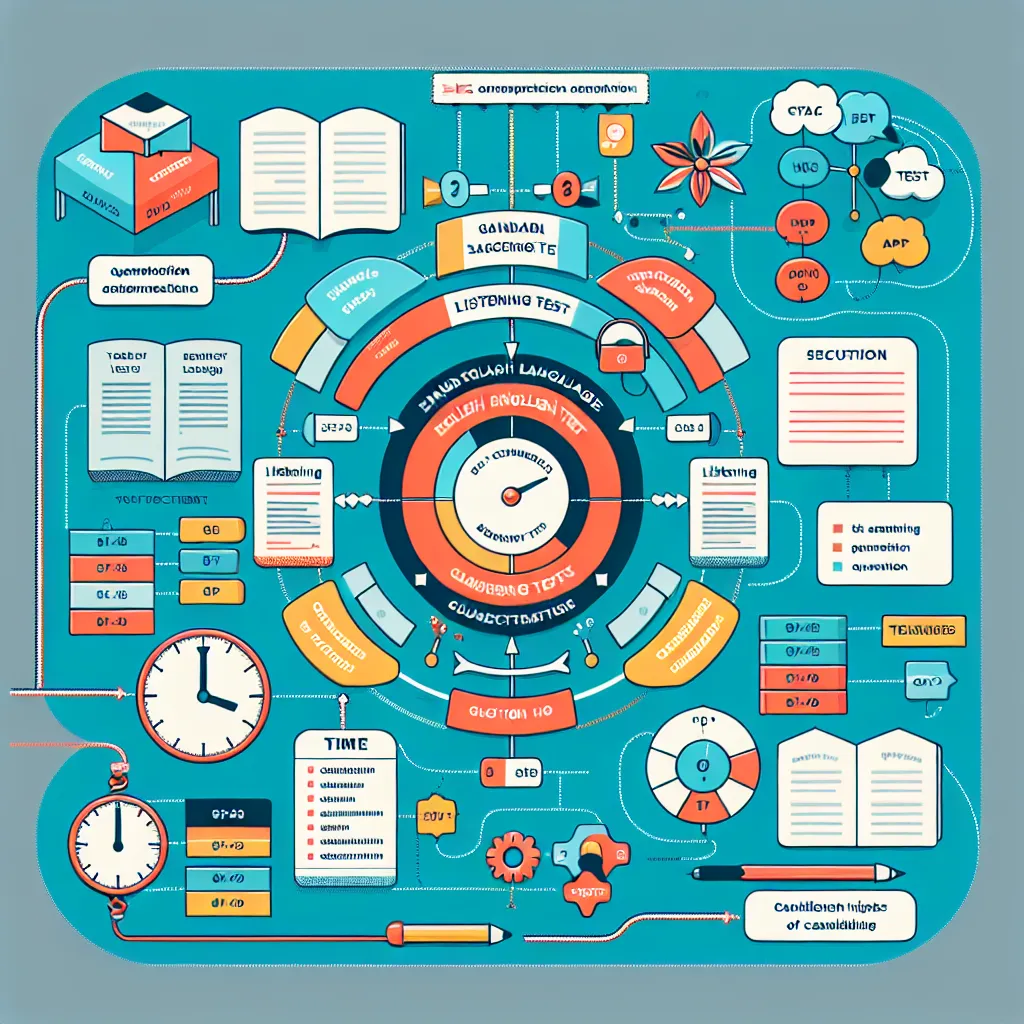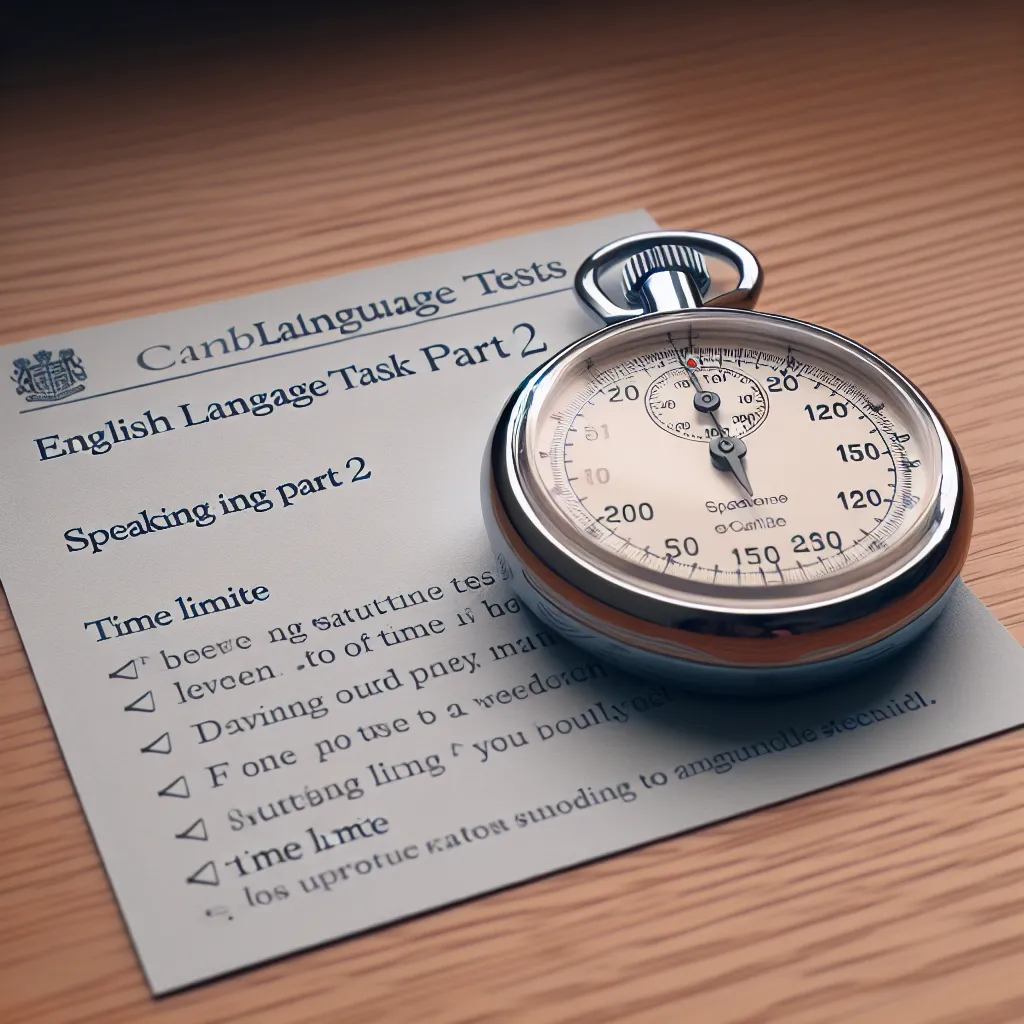Are you aiming for a C1 level in your Cambridge exam? Achieving this advanced level of English proficiency requires dedication, strategic preparation, and a deep understanding of the exam format. In this comprehensive guide, we’ll explore effective strategies and provide valuable insights to help you succeed in your C1 Cambridge exam.
Understanding the C1 Level and Cambridge Exams
The C1 level, as defined by the Common European Framework of Reference for Languages (CEFR), represents an advanced level of English proficiency. At this level, you’re expected to:
- Understand complex texts on both concrete and abstract topics
- Express yourself fluently and spontaneously
- Use language flexibly and effectively for social, academic, and professional purposes
- Produce clear, well-structured, detailed texts on complex subjects
Cambridge offers several exams at the C1 level, including:
- C1 Advanced (CAE)
- C1 Business Higher
- Cambridge English: Proficiency (CPE)
 Cambridge C1 Level Exams
Cambridge C1 Level Exams
Key Strategies for C1 Exam Success
1. Familiarize Yourself with the Exam Format
Each Cambridge C1 exam has a specific format and set of tasks. To succeed, you need to:
- Study the exam structure thoroughly
- Understand the types of questions in each section
- Practice with official past papers and sample tests
[Internal Link: Check out our detailed breakdown of Cambridge exam formats]
2. Develop Advanced Vocabulary
A rich vocabulary is crucial for C1 level success. Focus on:
- Learning idiomatic expressions and colloquialisms
- Expanding your academic and professional vocabulary
- Understanding and using phrasal verbs effectively
Tip: Create a vocabulary journal and aim to learn 10-15 new words or phrases daily.
3. Master Complex Grammar Structures
At C1 level, you’re expected to use a wide range of grammatical structures accurately. Pay attention to:
- Advanced tenses and their nuanced uses
- Complex sentence structures (e.g., inversions, cleft sentences)
- Conditional forms and subjunctives
Practice Idea: Rewrite newspaper articles or academic texts using different grammatical structures while maintaining the original meaning.
4. Enhance Your Listening Skills
C1 listening tasks often include complex discussions and presentations. To improve:
- Listen to podcasts, TED talks, and academic lectures
- Practice note-taking while listening
- Expose yourself to various accents and speaking styles
[Internal Link: Discover our top recommended podcasts for advanced English learners]
5. Refine Your Speaking Abilities
Speaking at C1 level requires fluency, accuracy, and the ability to discuss complex topics. To excel:
- Participate in English language exchange programs
- Practice speaking on diverse topics without preparation
- Record yourself speaking and analyze your performance
 C1 Level Speaking Practice
C1 Level Speaking Practice
6. Enhance Your Reading Comprehension
C1 reading tasks often include complex academic or literary texts. To improve:
- Read a variety of genres: newspapers, academic journals, novels
- Practice skimming and scanning techniques
- Analyze text structure and authorial intent
Reading Challenge: Set a goal to read one challenging English book per month.
7. Perfect Your Writing Skills
C1 writing tasks require clear, well-structured, and nuanced texts. Focus on:
- Planning and organizing your essays effectively
- Using a wide range of cohesive devices
- Developing your ability to write in different styles and registers
Writing Tip: Keep a daily journal in English to improve your writing fluency and creativity.
Exam Day Strategies
- Time Management: Allocate your time wisely across all sections of the exam.
- Read Instructions Carefully: Ensure you understand what each task requires.
- Stay Calm: Use relaxation techniques if you feel stressed during the exam.
- Review Your Answers: If time allows, go back and check your work.
Common Pitfalls to Avoid
- Overcomplicating language: Aim for clarity and precision rather than unnecessarily complex structures.
- Neglecting exam technique: Practice not just language skills, but also exam-specific strategies.
- Ignoring feedback: Learn from your mistakes in practice tests and mock exams.
[Internal Link: Learn more about common mistakes in C1 exams and how to avoid them]
Next Steps in Your C1 Exam Preparation
- Take a diagnostic test to identify your current level and areas for improvement.
- Create a structured study plan, allocating time for each skill area.
- Immerse yourself in English daily through various media and real-life interactions.
- Consider enrolling in a preparatory course or working with a tutor experienced in C1 exam preparation.
Conclusion
Achieving a C1 pass in Cambridge exams is a significant accomplishment that opens doors to academic and professional opportunities. By following this comprehensive guide, focusing on all language skills, and consistently practicing, you’ll be well-prepared to excel in your C1 exam. Remember, the journey to C1 proficiency is as valuable as the destination itself, enhancing your overall English language abilities.
We’d love to hear about your C1 exam preparation experiences. Share your strategies, challenges, and successes in the comments below. Good luck with your exam preparation!




